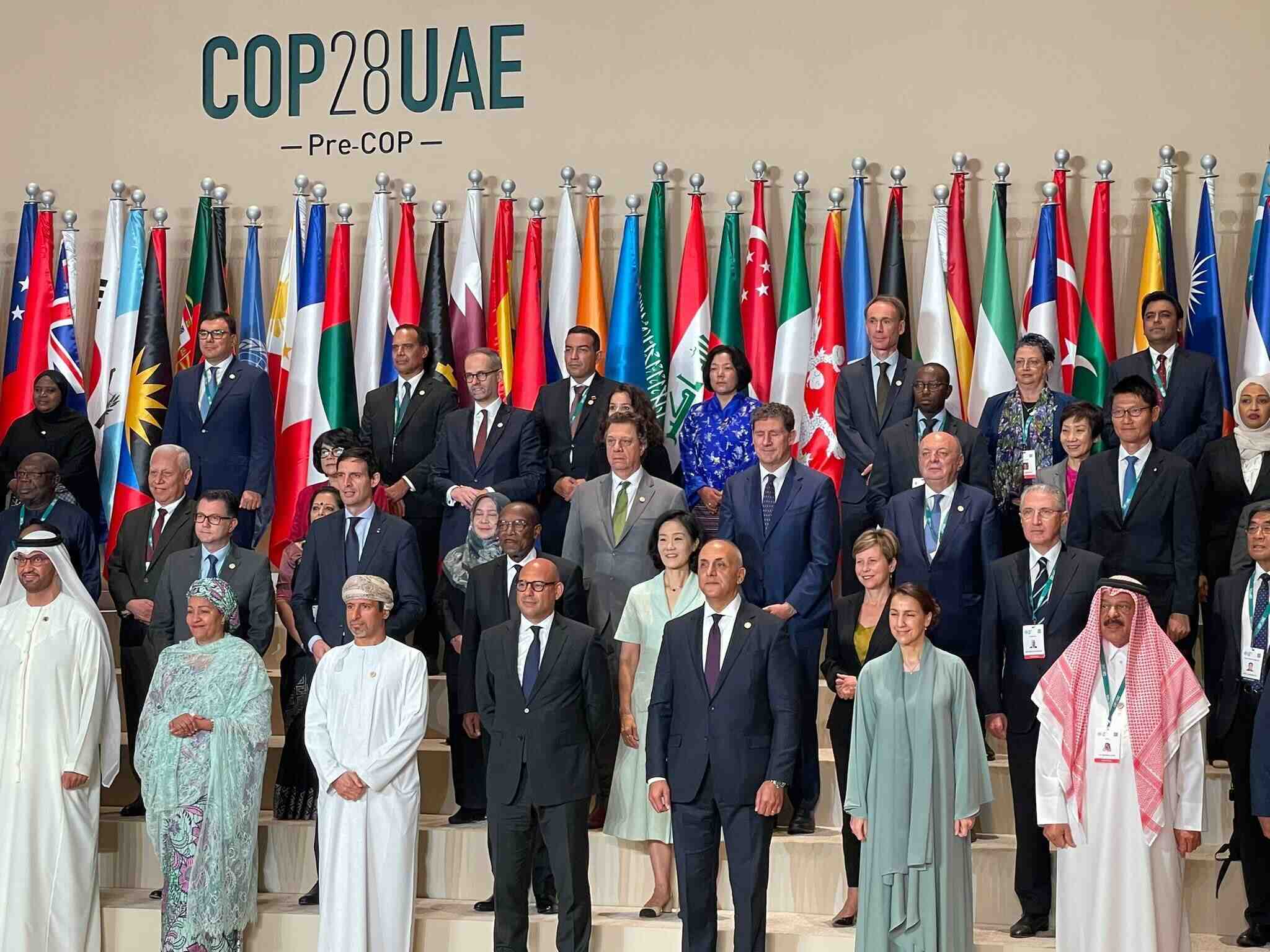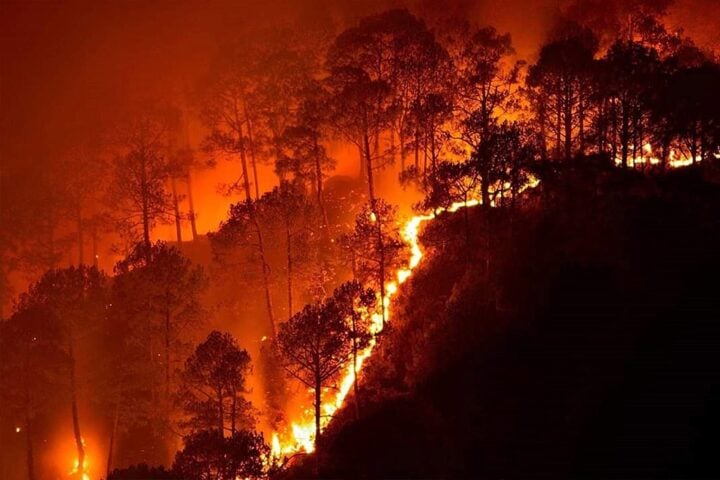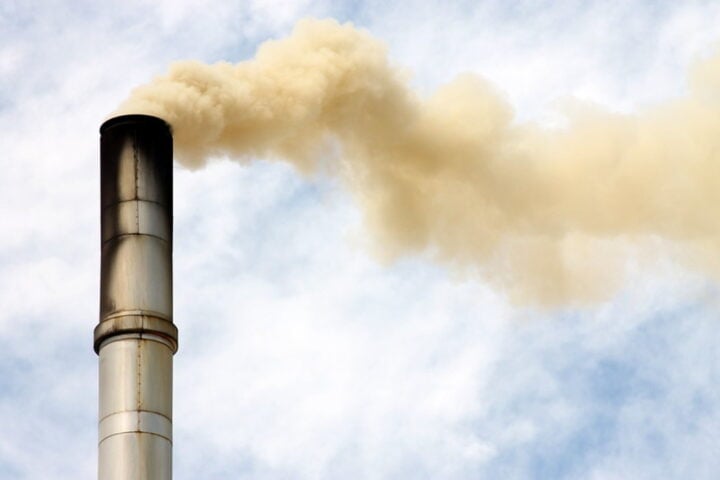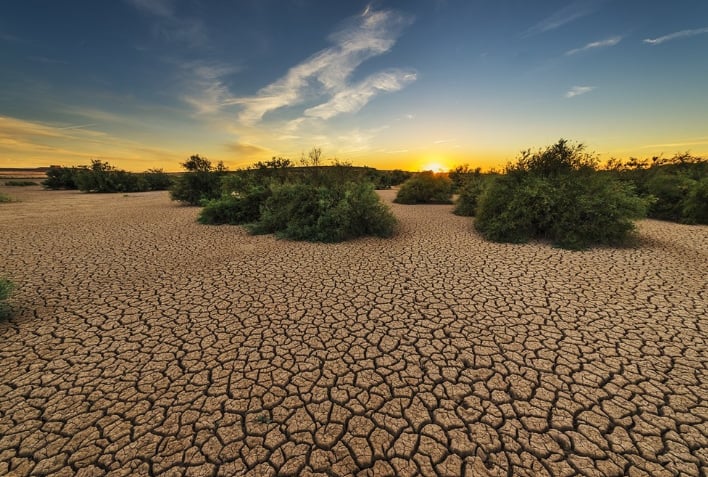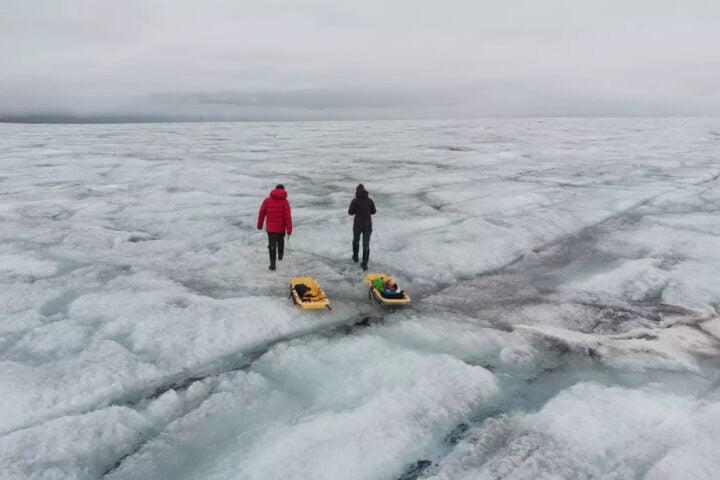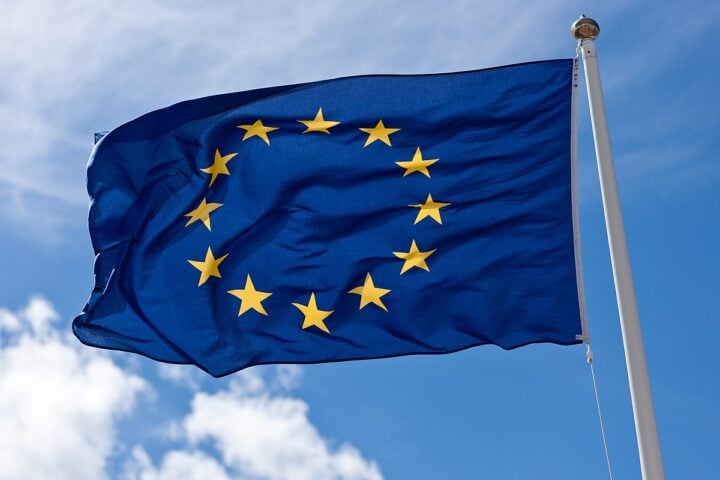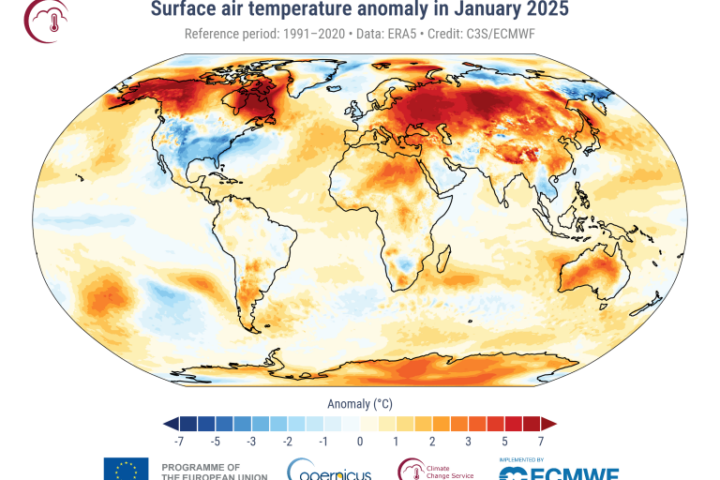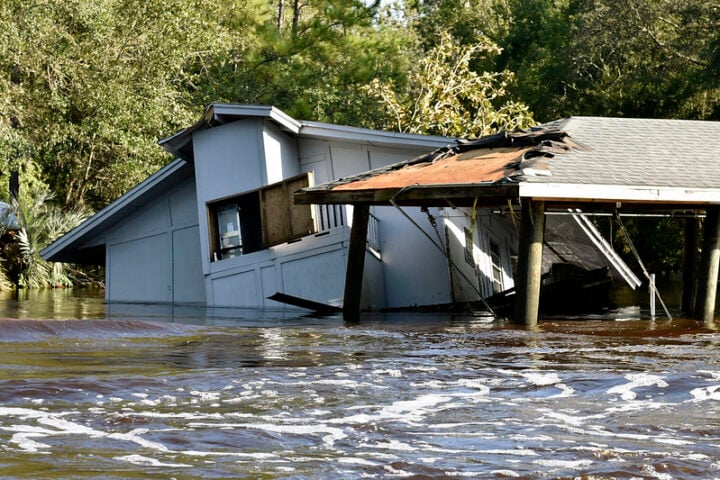More than 100 countries supporting the final decision at COP28 call for a phase-out of fossil fuels. This has led to fear among the 13 OPEC members, who own 80% of global oil reserves. Multiple sources confirm the leaked letters, suggesting the depth of OPEC’s concern that COP28 could mark a turning point against oil and gas, potentially putting their people’s prosperity and future at risk.
“One thing to always be remembered is that we cannot negotiate with nature, but we can with each other. The COP presidency cannot create results on their own; all parties need to engage,” said Dan Jorgensen, the Minister of Denmark, during the COP28 conference. “No argument, political or economical, will stop the temperature from increasing.” [Source: YouTube video]
On December 6, identical letters, signed by OPEC Secretary General and Kuwaiti oil executive Haitham al-Ghais, were sent to the 13 members of OPEC, including Saudi Arabia, Iran, Iraq, Nigeria, and 10 OPEC allies, Russia and Mexico. These countries have produced 40% of the world’s oil and own 80% of global oil reserves over the last decade, according to the AFP report.
Multiple newspapers confirmed the letter, which reads, “While OPEC member and non-OPEC countries participating in the Charter of Cooperation (CoC) take climate change seriously and have a proven record on climate actions, it would be unacceptable because politically motivated campaigns put our people’s prosperity at risk.”
However, Fatih Birol, head of the International Energy Agency, commented on X (formerly Twitter) that pledges on renewables, efficiency, and methane are positive steps. But IEA analysis shows in its report that these pledges will bridge only 30% of the gap by 2030, and a decline in global fossil fuel use is required to keep to the 1.5C target.
Spanish ecology transition minister, Teresa Ribera, also commented on X (formerly Twitter), “We need results which guarantee climate security and science is clear on the data: no more than 1.5C.”
While answering a question at the COP28 conference, the COP President, Al Jaber, said that his job is to respect the process, enable them to facilitate the process, and support throughout. “One thing I have repeatedly said is that phasing down fossil fuel is inevitable, essential, and a decline in fossil fuel is going to happen.”
At least 80 countries demand an end to the use of fossil fuels at the ongoing COP28 table talks in Dubai. The burning of fossil fuel is an overwhelming driver of the climate crisis. The rise in emissions still increases but must fall by almost 2030 and to net zero by 2050 to have the chance of keeping global heating to the internationally agreed 1.5C.
According to a report published on December 4 by University of Oxford researchers, reaching net-zero targets around 2050 due to heavy dependence on CCS would also be highly economically damaging, costing at least $30tn more than a renewable energy route.
